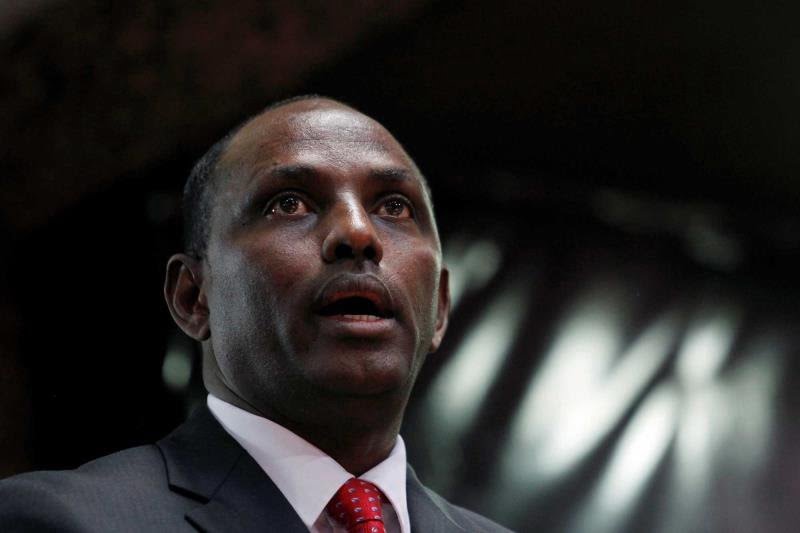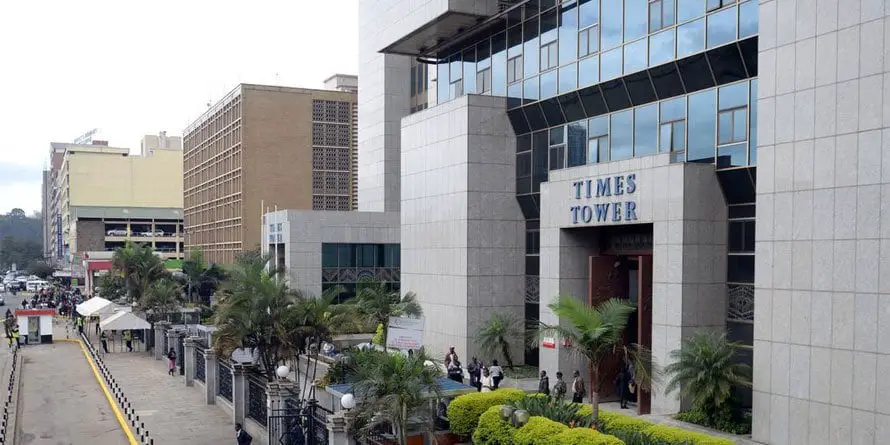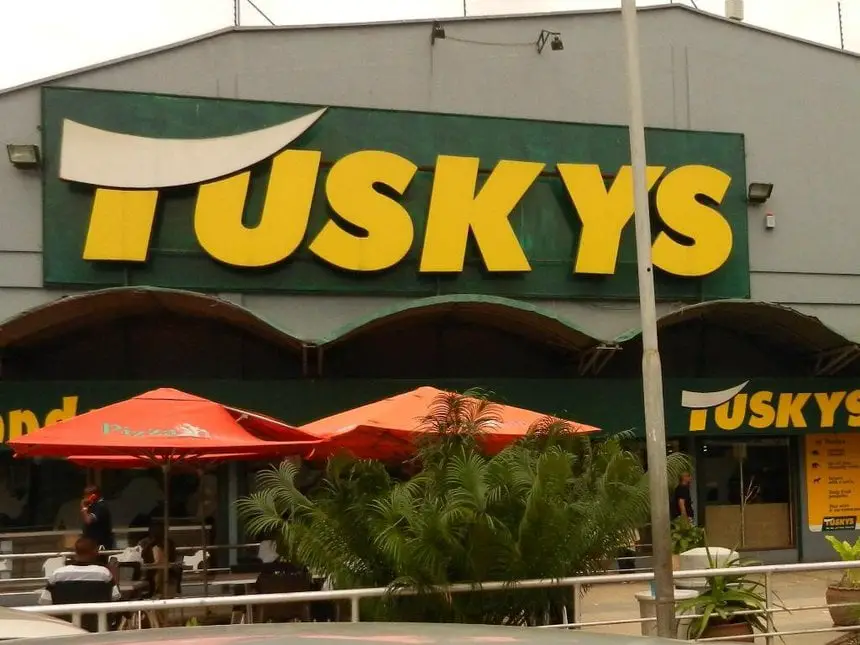Five years after investing in Imperial bank’s Sh2 billion corporate bond, the investors were now supposed to be counting down to payday. However, Imperial Bank, whose bond was issued in August 2015, is still stuck in insolvency.
This is not the only institution that has not paid out billions, others like Chase Bank, cement manufacturer Athi River Mining (ARM), and microfinance company Real People have all left Kenyans devastated.
Chase Bank for instance has a deficit of Sh4.8b in corporate bonds.
This has, in turn, killed all the confidence in corporate bonds and commercial papers, which are among the most lucrative sources of finances for companies seeking to expand.
Banks, which were regularly tapping into the corporate bond market, have now sought different ways of recapitalizing their businesses.
Businesses have then been forced to get their financing from the more costly alternative of borrowing direct loans from banks, avoiding corporate bonds.
The Capital Markets Authority (CMA) in its 2017-18 annual report blamed the development on the slow process of solving the insolvencies of Imperial and Chase banks, noting that these delays had negatively affected the corporate bond market.
As a result, the regulator explained there has been little interest in corporate bonds as a debt financing instrument.





















































